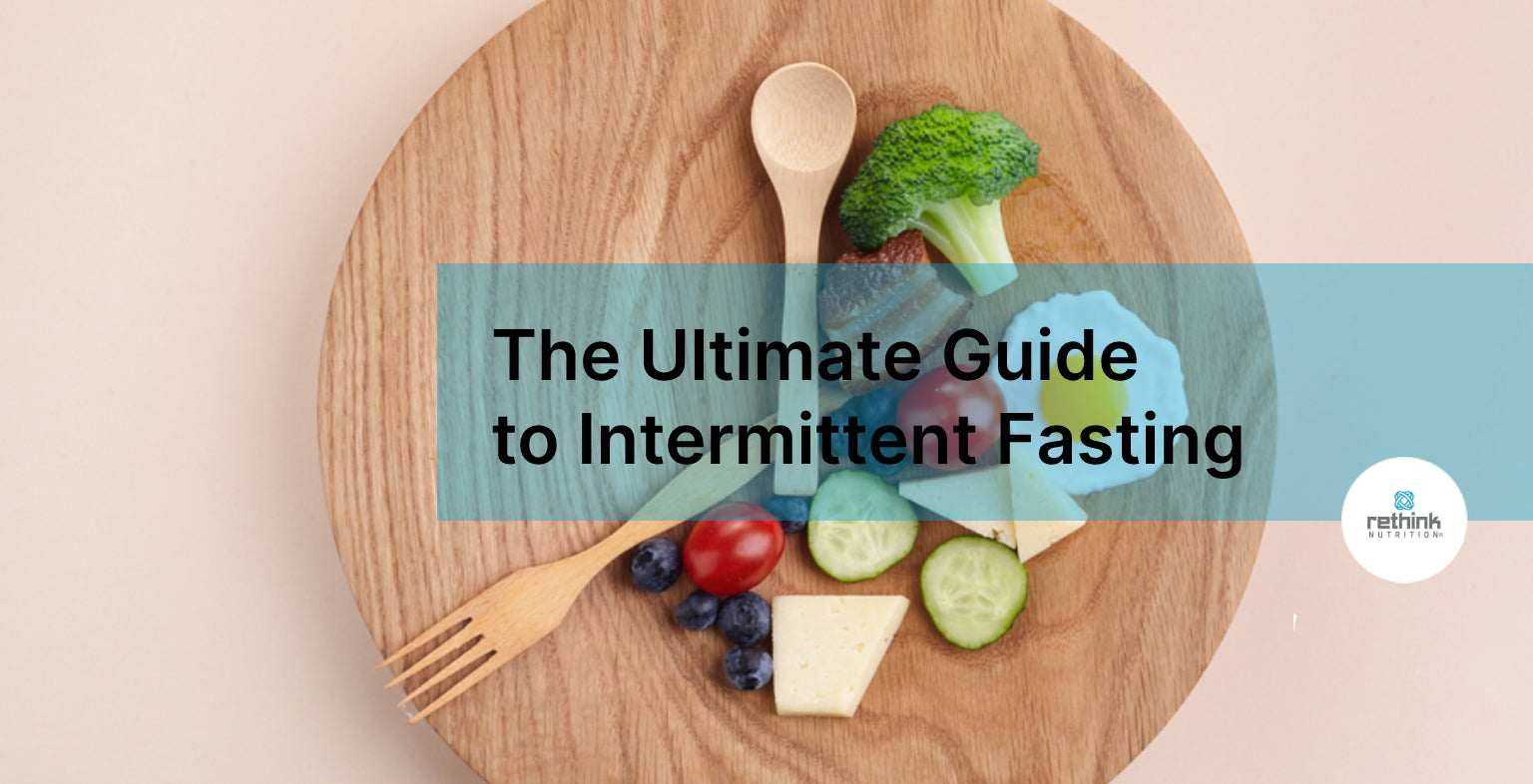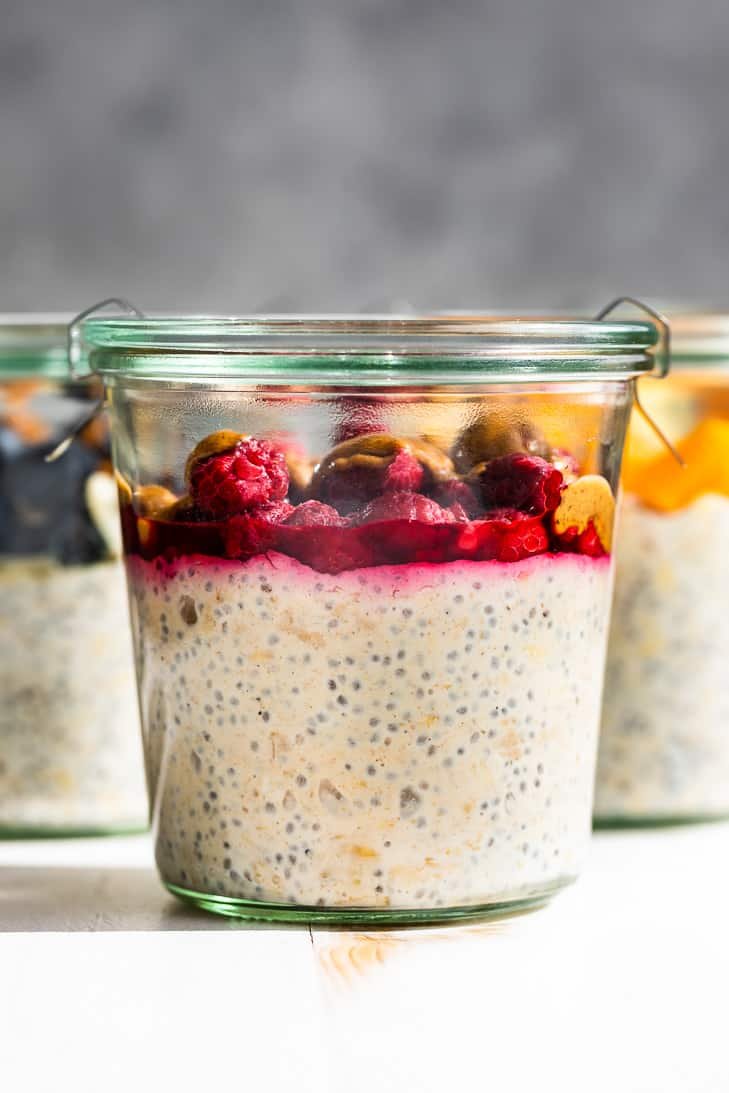One of the most effective ways of weight loss is intermittent fasting, and it tends to work for valid reasons! Several research studies have also shown that it has potent effects on your whole body, and it can even enable you to live longer. Typically, intermittent fasting is not a diet but instead defined as a routine of eating. It's a strategy where you go without eating for a particular time during the day. Throughout that period, however, water and black coffee are permitted. It is generally a window of 16 hours, followed by an 8-hour feeding window.
These periodic feeding and fasting windows have several modifications. Experts do not recommend instances of a complete 24-hour fast, especially if your objective is to construct or sustain muscle, from an 18-hour fast with a 6-hour eating window or maybe consider a 20-hour fast instead along with a 4-hour eating window.
What is intermittent fasting?

Intermittent fasting will essentially vary dramatically. The one aspect that all irregular fasting ways have in general is cycling between eating and not eating. But, even what is implied by "not eating" will differ. It's effortless for some people, as in liquid only, and it may only indicate a certain minimum amount of calories for some individuals. There is a range of alternatives, each with its proponents and opponents, to intermittent fasting.
What are the intermittent fasting techniques?

There are various forms of performing intermittent fasting, including separating the day or week into cycles of feeding and fasting. You can eat very little or none throughout the fasting cycles.
These are the most common approaches:
Form 16/8: Also known as the Leangains protocol, which entails missing breakfast and limiting the regular mealtime to 8 hours, such as 1-9 p.m. Then, in between, you fast for 16 hours.
Eat-Stop-Eat: This means 24-hour fasting, once maybe a week, such as not eating every day from dinner to dinner the following day.
The 5:2 Diet: Using these strategies, on two non-consecutive days of every week, you ingest just 500-600 calories, but usually eat the remaining five days.
All of these strategies can cause weight loss by lowering calorie consumption and not indulging by eating any more during eating cycles. Many individuals believe the 16/8 process to be the simplest, most efficient, and easier to follow. It's the most successful as well.
What are the advantages?
Many experiments, in any living creature, have been performed on intermittent fasting.
Ses findings have demonstrated that weight management and the body and brain's health can have significant advantages. Maybe it would also make you live longer.
Here are the significant advantages of intermittent fasting for health:
Weight loss: Intermittent fasting will help you shed weight and belly fat, as described above, without needing to ration calories deliberately.
Insulin resistance: Intermittent fasting, which can defend against type 2 diabetes, can decrease insulin resistance, lower blood sugar by 3-6 percent, and fast insulin levels by 20-31 percent.
Inflammation: Several studies have reported declines in inflammation parameters, a primary driver of many chronic diseases.
Heart health: "Poor" LDL cholesterol, blood triglycerides, inflammatory levels, blood sugar, and insulin resistance may decrease by prolonged fasting, both risk factors for cardiovascular disease.
Cancer: Animal tests indicate that avoiding cancer can be done through prolonged fasting.
Brain health: Intermittent fasting improves the BDNF hormone in the brain and may enable new nerve cells to mature. It can defend against Alzheimer's disease as well.
Anti-aging: Intermittent fasting in rodents will prolong life expectancy. Studies found that 36-83 percent lived longer in fasting rats.
Bear in mind that trials are still in their early phases. Several of the experiments were in livestock, little, short-term, or performed. Healthy eating is easy, but it can be tough to manage.
All the preparation needed to prepare and cook nutritious meals is one of the key hurdles.
Intermittent fasting will make life smoother because you wouldn't need to prepare, cook, or clean up after as many meals as before.
For this cause, intermittent fasting among the life-hacking crowd is very common, as it boosts your fitness while at the same time optimizing your life.




